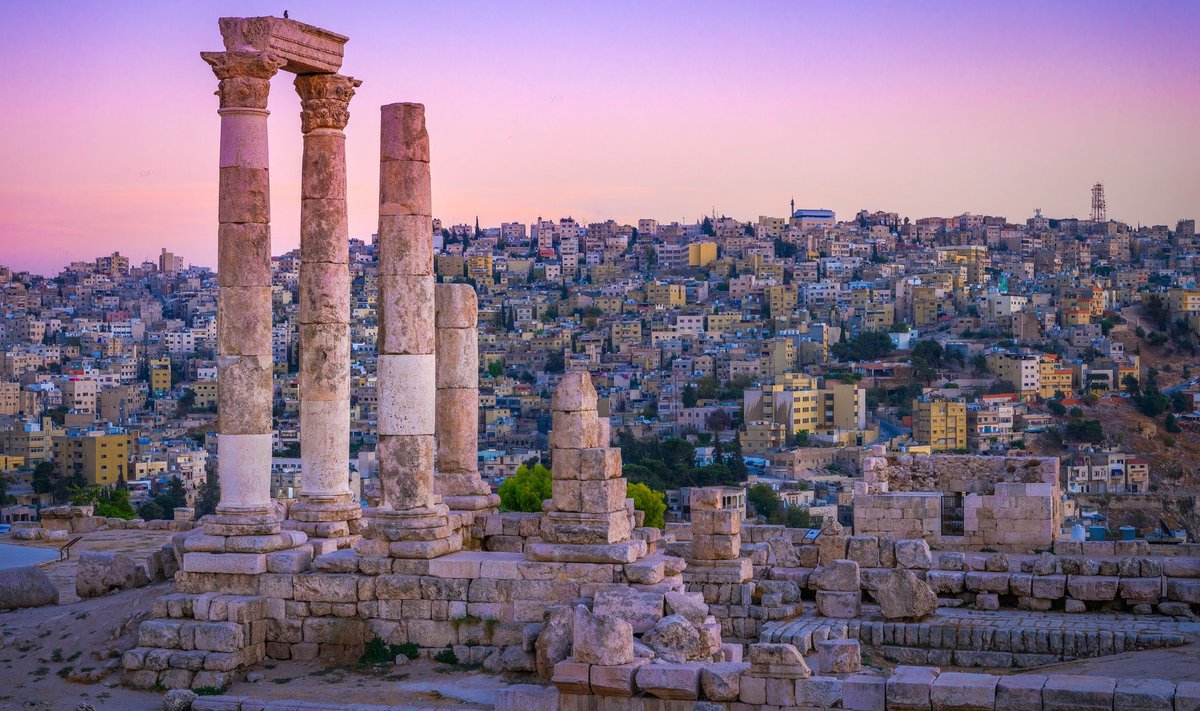EU member governments have already warned citizens against all but essential travel to Israel and the Occupied Palestinian Territories. There are concerns that popular tourist destinations in the Middle East could also be potentially dangerous.
Israel continues to shell the Gaza Strip, home to more than 2 million people, after Hamas militants attacked the Jewish state on October 7.
The terrorist attack carried out by Hamas killed more than 1,400 people in Israel. Retaliatory Israeli bombing in Gaza killed nearly 2,700 people.
Additionally, travelers should exercise caution when visiting certain areas of countries bordering Israel. We tell you what you need to know if you are planning a trip to Egypt, Jordan, or Turkey.
Situation in Egypt
Although Egypt shares a border with the Gaza Strip and Israel through the Sinai Peninsula, the country is not embroiled in the conflict.
Many have called for the opening of the Rafah border crossing so that Palestinians from Gaza, dual citizens, or foreigners can escape to safety, but the crossing is currently closed.
Regarding international travel, Egypt’s borders remain open and airlines and package tour operators continue to operate as normal in the country.
Flights to Egypt do not pass through Israeli airspace and have not yet been affected by the conflict.
Most of Egypt’s major cities and main tourist sites are located away from the border with Israel and the Gaza Strip.
The closest one is the beach resort of Sharm el-Sheikh, while the border with Israel is more than two and a half hours away, and the border with the Gaza Strip is more than five hours away.
Cairo, Alexandria, Hurghada, and Luxor are located even further away.
Vigilance and caution are advised at tourist, religious, and crowded sites in Alexandria, where an Egyptian police officer recently shot and killed two Israeli tourists and an Egyptian tour guide.
Some EU countries are strongly advising against travel to the North Sinai province bordering Israel and the Gaza Strip, including the Thaba-Suez road.
Jordan “open to tourists”
Jordan shares borders with Israel and the West Bank (one of the occupied Palestinian territories), as well as Syria.
Most tourist destinations in Jordan remain unaffected by the current crisis, and flights to Amman and Aqaba airports continue to operate as normal.
The Jordan Tourism Board released a statement emphasizing that the country is “a safe and welcoming destination for tourists from around the world.” “Our commitment to the safety and well-being of all visitors remains unwavering,” the statement said.
Therefore, if you have booked a package holiday and decide to cancel the tour, you are unlikely to get a refund.
Türkiye: far from war
Some travelers have expressed concerns about holidays in Turkey, even though the country does not share a border with Israel and is located 879 km from the Jewish state.
Israel’s war against Hamas has no impact on travel to Turkey.
Tourist hubs including Istanbul, Antalya, and Cappadocia, as well as coastal resorts, remain unaffected by the conflict and airlines are operating as usual. It is recommended to avoid travel to any location within a 10 km radius of the border with Syria, as well as all but essential travel to Sirnak and Hakkari provinces.

